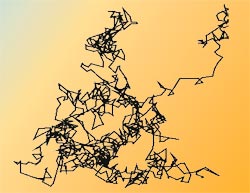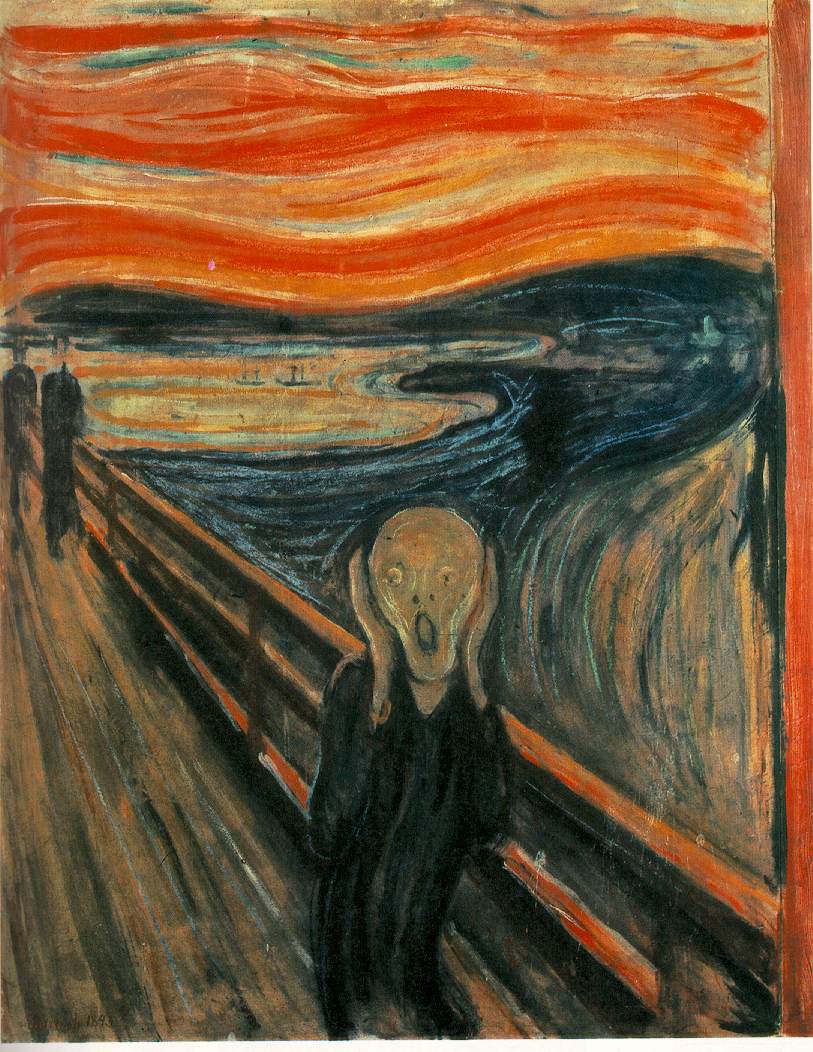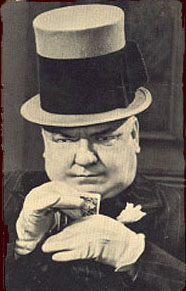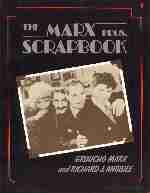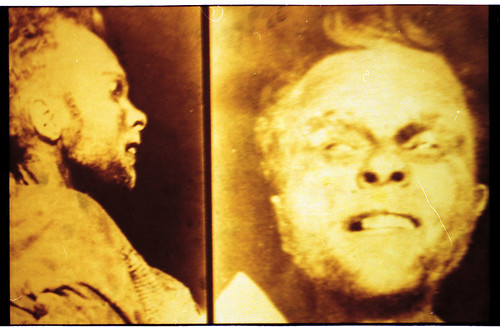So John Berger no stranger to Chronos and Kairos (see previous posts) talks to me of time.
I take it to be a Christmas message.
"I write in the night, although it is daytime... I write in a night of shame. By shame I do not mean individual guilt. Shame, as I'm coming to understand it, is a species feeling which, in the long run, corrodes the capacity for hope and prevents us looking far ahead. We look down at our feet, thinking only of the next small step.
People everywhere, under very different conditions, are asking themselves - where are we? The question is historical not geographical. What are we living through? Where are we being taken? What have we lost? How to continue without a plausible vision of the future? Why have we lost any view of what is beyond a lifetime?
I WRITE in the night, but I see not only the tyranny. If that were so, I would probably not have the courage to continue. I see people sleeping, stirring, getting up to drink water, whispering their projects or their fears, making love, praying, cooking something whilst the rest of the family is asleep, in Baghdad and Chicago. (Yes, I see too the forever invincible Kurds, 4,000 of whom were gassed, with US compliance, by Saddam Hussein.) I see pastrycooks working in Tehran and the shepherds, thought of as bandits, sleeping beside their sheep in Sardinia, I see a man in the Friedrichshain quarter of Berlin sitting in his pyjamas with a bottle of beer reading Heidegger, and he has the hands of a proletarian, I see a small boat of illegal immigrants off the Spanish coast near Alicante, I see a mother in Mali - her name is Aya which means born on Friday - swaying her baby to sleep, I see the ruins of Kabul and a man going home, and I know that, despite the pain, the ingenuity of the survivors is undiminished, an ingenuity which scavenges and collects energy, and in the ceaseless cunning of this ingenuity, there is a spiritual value, something like the Holy Ghost. I am convinced of this in the night, although I don't know why.
The next step is to reject all the tyranny's discourse. Its terms are crap. In the interminably repetitive speeches, announcements, press conferences and threats, the recurrent terms are Democracy, Justice, Human Rights, Terrorism. Each word in the context signifies the opposite of what it was once meant to. Each has been trafficked, each has become a gang's code-word, stolen from humanity...
The new tyranny, like other recent ones, depends to a large degree on a systematic abuse of language. Together we have to reclaim our hijacked words and reject the tyranny's nefarious euphemisms; if we do not, we will be left with only the word shame. Not a simple task, for most of its official discourse is pictorial, associative, evasive, full of innuendoes. Few things are said in black and white. Both military and economic strategists now realise that the media play a crucial role, not so much in defeating the current enemy as in foreclosing and preventing mutiny, protests or desertion.
Any tyranny's manipulation of the media is an index of its fears. The present one lives in fear of the world's desperation. A fear so deep that the adjective desperate, except when it means dangerous, is never used...
The claim to be saving the world masks the plotter's assumption that a large part of the world, including most of the continent of Africa and a considerable part of South America, is irredeemable. In fact, every corner which cannot be part of their centre is irredeemable. And such a conclusion follows inevitably from the dogma that the only salvation is money, and the only global future is the one their priorities insist upon, prior ities which, with false names given to them, are in reality nothing more nor less than their benefits.
Those who have different visions or hopes for the world, along with those who cannot buy and who survive from day to day (approximately 800 million) are backward relics from another age, or, when they resist, either peacefully or with arms, terrorists. They are feared as harbingers of death, carriers of disease or insurrection. When they have been downsized (one of the key words), the tyranny, in its naivety, assumes the world will be unified. It needs its fantasy of a happy ending. A fantasy which in reality will be its undoing. Every form of contestation against this tyranny is comprehensible. Dialogue with it, impossible. For us to live and die properly, things have to be named properly. Let us reclaim our words.
This is written in the night. In war the dark is on nobody's side, in love the dark confirms that we are together."
Dead Beat urges you to write in the time of night - to shed light on the dark which is on nobody's side.





